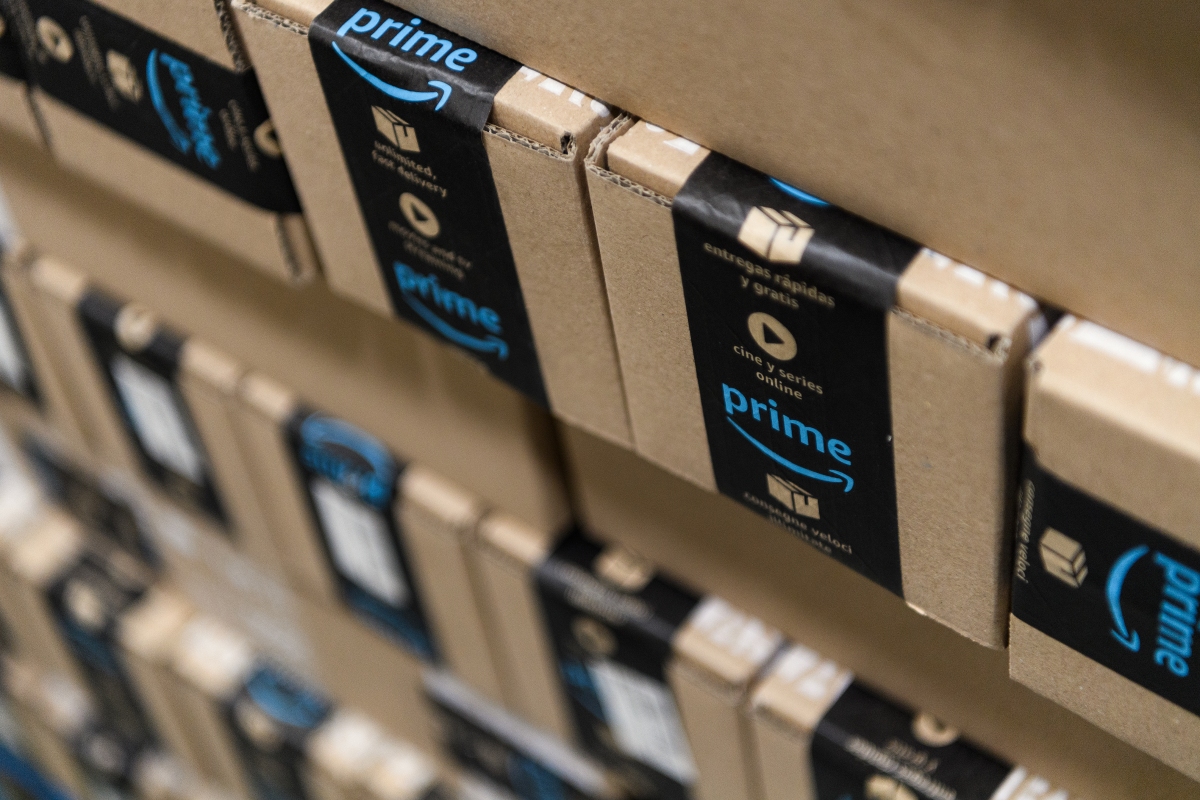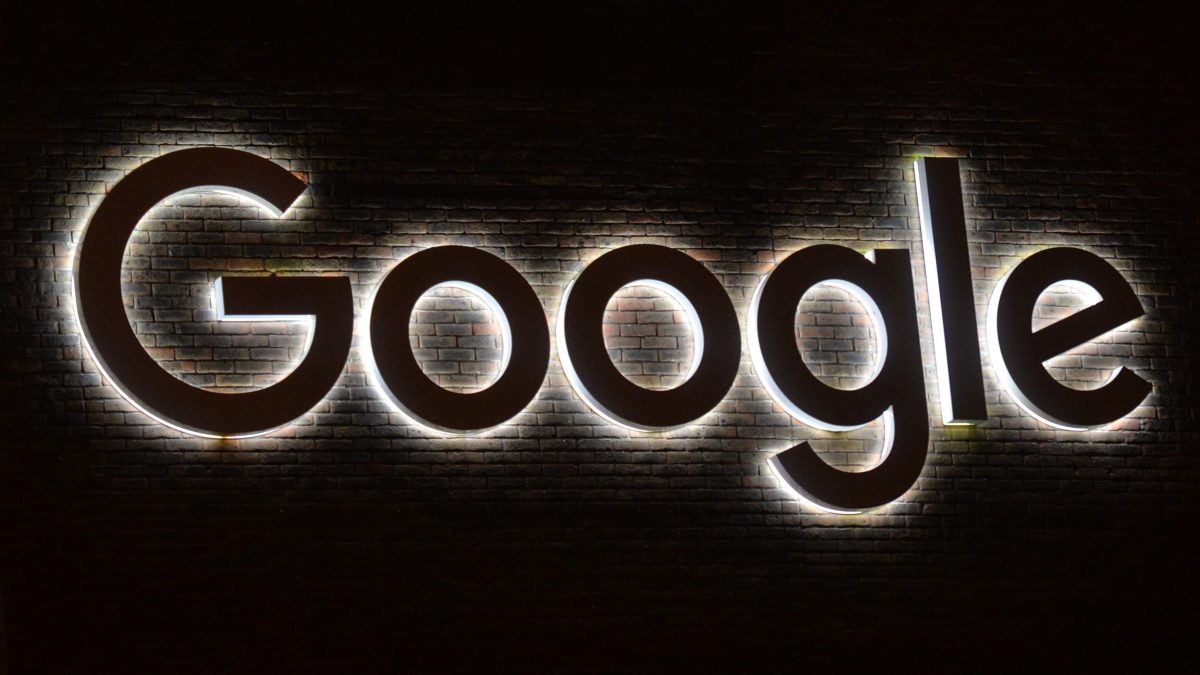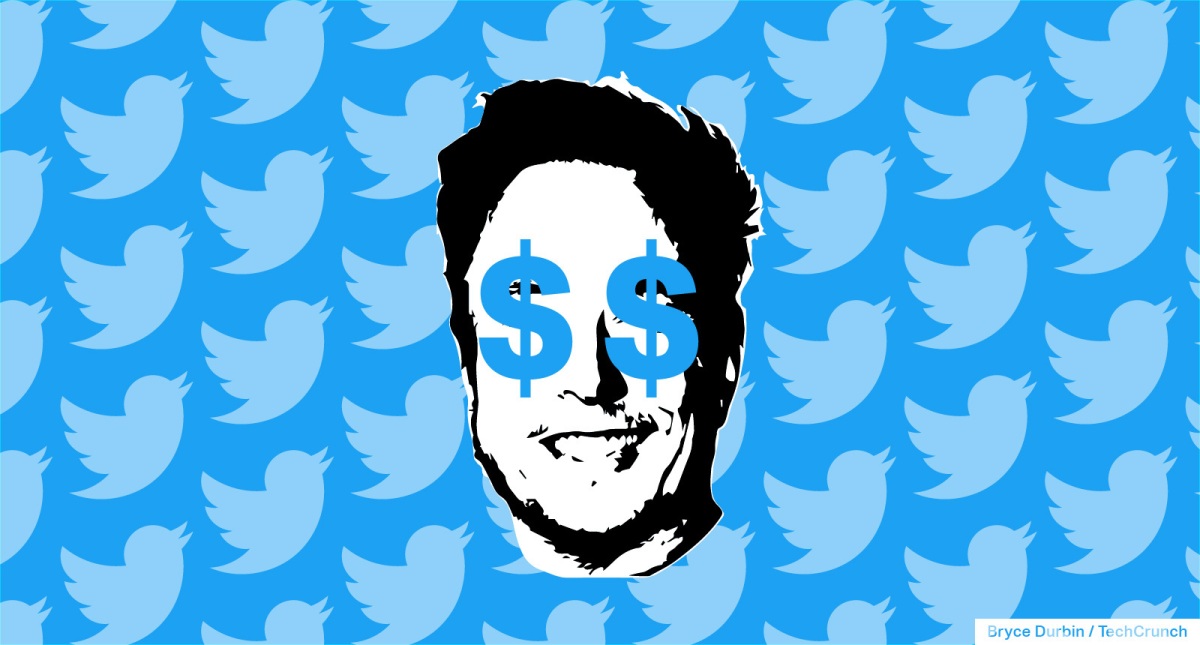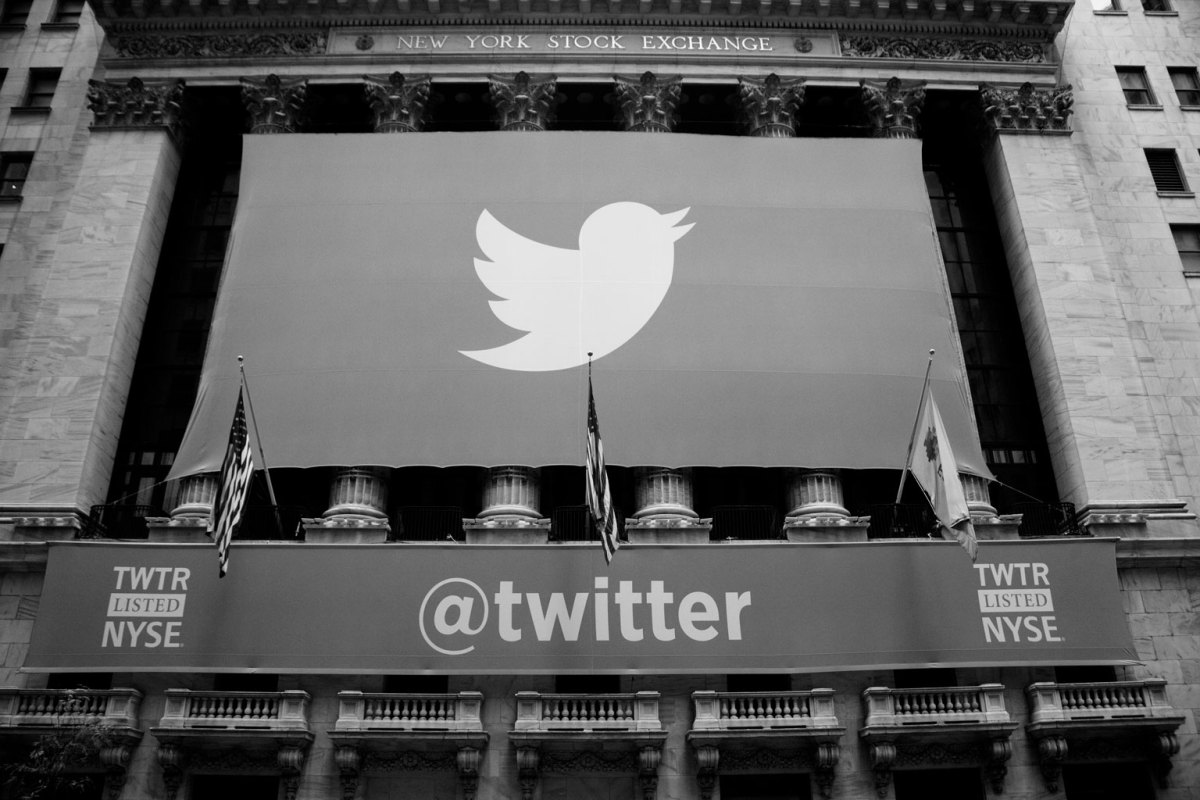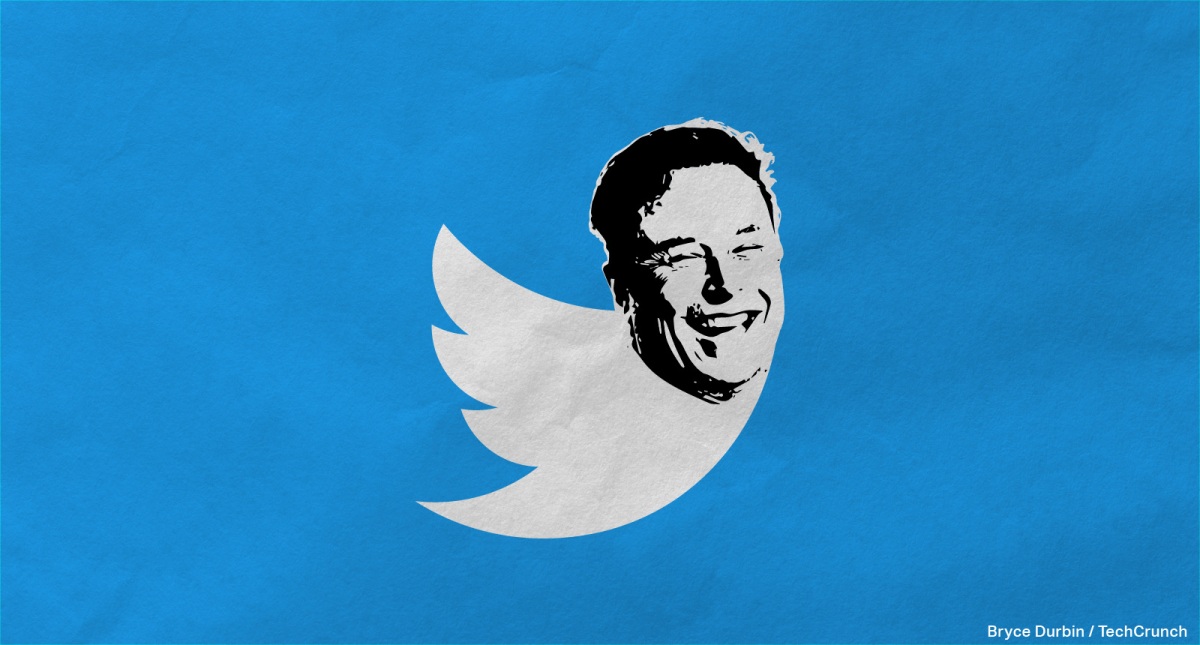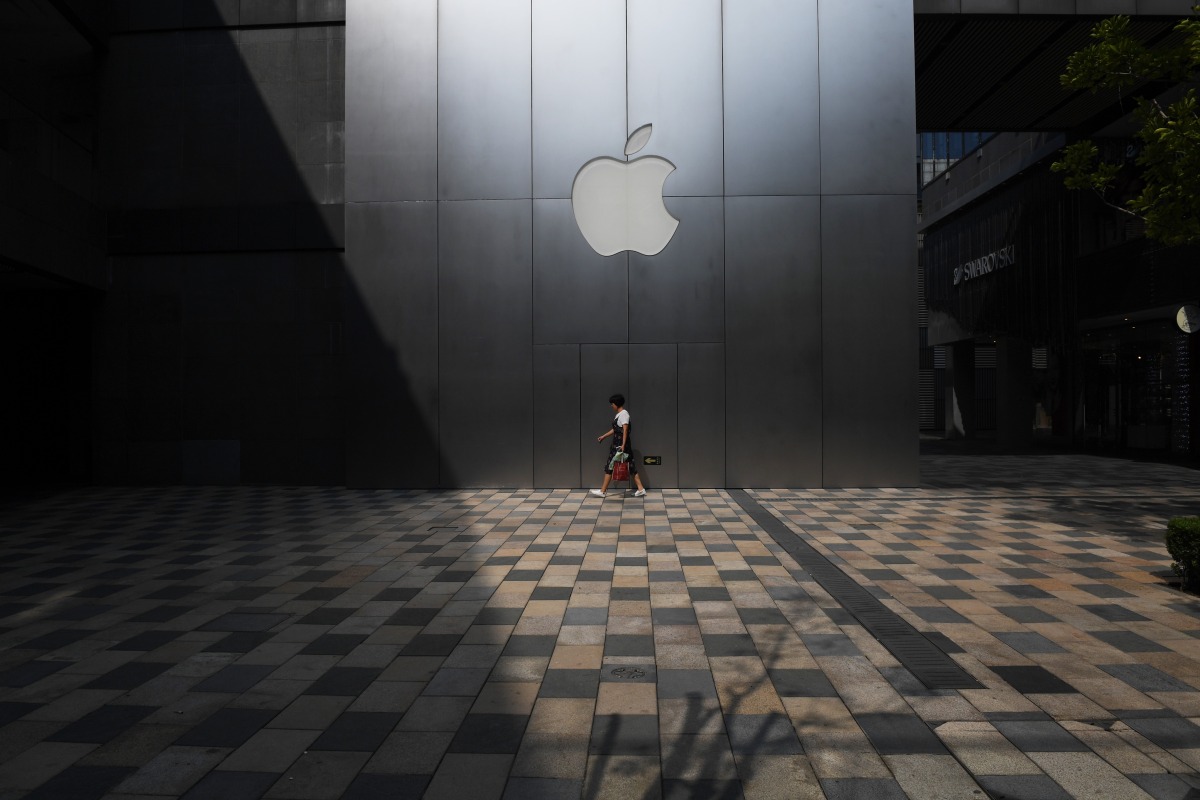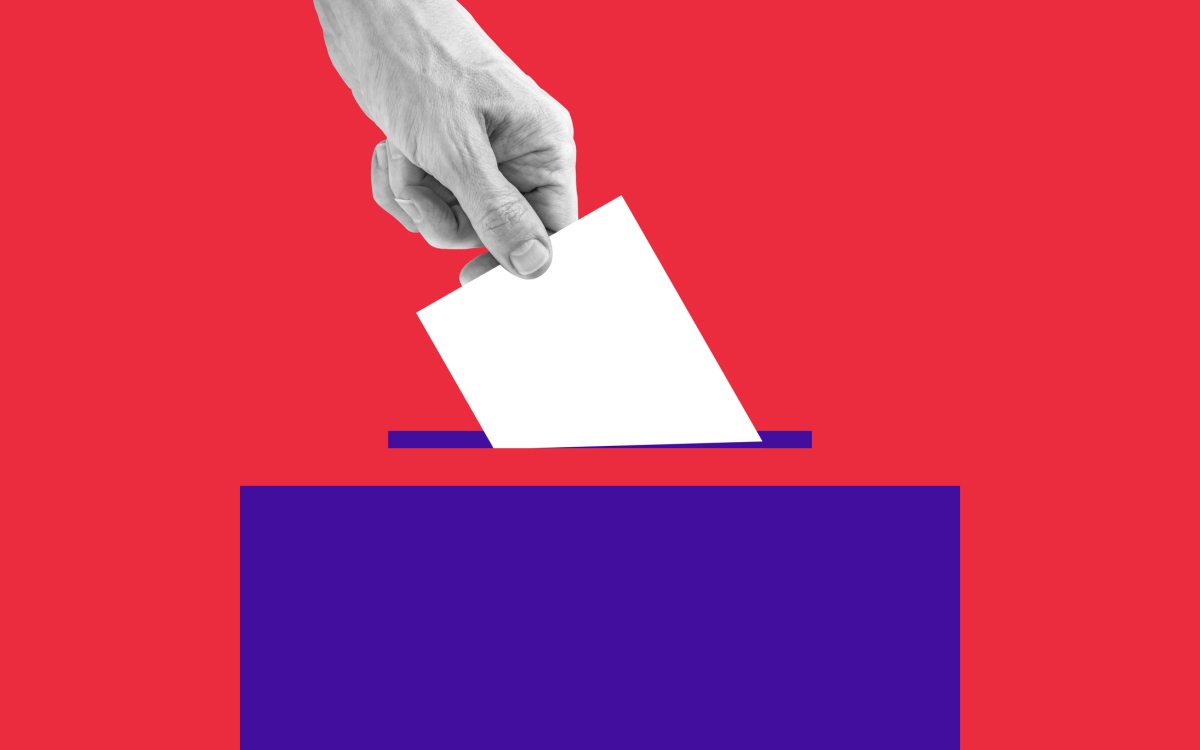Germany widens antitrust probes of Amazon to loop in special abuse controls • ZebethMedia
Germany’s antitrust watchdog has moved to widen an existing investigation of Amazon’s business in the market in light of special abuse powers it confirmed are applicable to the ecommerce giant’s business in the country this summer. The Federal Cartel Office (FCO) said yesterday it is extending two ongoing “abuse control proceedings” against Amazon to include the application of “the new instrument for more effective oversight over large digital companies” (aka, Section 19a of the GWB; aka it’s rebooted competition law) — which is a reference to a 2021 reform of German competition law that targets digital giants found to have so-called “paramount significance for competition across markets” with a proactive antitrust regime that outlaws practices such as self-preferencing, denying interoperability and exclusively bundling their own services to the detriment of rival offerings, among other ex ante prohibitions listed in Section 19b of the law. The German law is similar to the pan-EU Digital Markets Act (DMA) which was recently adopted by the bloc — and will come into force next year — so the FCO is ahead of the curve here and its application of special abuse controls may offer a little taster of the extended scrutiny that’s coming down the pipe across the continent for Big Tech. The FCO has two open investigations of Amazon that are being extended to include scrutiny of whether they comply with the rebooted competition regime — one examining price control mechanisms it says are used by Amazon to algorithmically control price setting by third-party sellers on its marketplace; and another proceeding focused on what it dubs “brandgating”, aka “possible disadvantages” for marketplace sellers as a result of various instruments applied by Amazon, such as agreements with (brand) manufacturers on whether individual sellers can or cannot sell (brand) products on the Amazon marketplace. In a statement about the extension of the ongoing proceeding, Andreas Mundt, the FCO’s president, said: “We are examining in both proceedings whether and how Amazon impedes the business opportunities of sellers that are active on the Amazon marketplace and compete with Amazon’s own retail business. Amazon operates the most important marketplace in e-commerce and thus has a key position in that area, which allows the company to set far-reaching rules for competition on its platform. Our new competencies, which are precisely intended to restrict such power to set rules, allow us to intervene more efficiently against Amazon’s anti-competitive practices.” Reached for a response to the development, an Amazon spokesperson sent us this statement — which confirms that it is seeking to appeal the earlier FCO decision that its business falls under the special abuse controls regime (NB: the decision remains enforceable during appeal): “We disagree with the FCO’s interpretation of this complex new legislation, and have filed an appeal. The retail market that Amazon operates in is very large and extraordinarily competitive, online and offline. We continue to cooperate with the Federal Cartel Office in these proceedings.” On pricing, the ecommerce giant refutes it indulges in any abusive practices — arguing generally that its business succeeds when sellers succeed, and claiming third party sellers set their own product prices on its marketplace. As regards the FCO’s brandgating probe, Amazon claims it never makes changes to selling privileges without a good reason — further suggesting that any amendments it does make to how sellers can operate are intended to ensure a trusted shopping experience for customers, such as by protecting shoppers from illegitimate goods. While Amazon continues to come out fighting aggressively against multiplying accusations of antitrust abuse, competition scrutiny continues to pile up in Europe and beyond. A Europe Union competition investigation of the ecommerce giant’s use of third party seller data has been grinding on for years — and an attempt by Amazon to settle the probe this summer, by offering a set of commitments, was swiftly denounced by dozens of civil society and digital rights groups as weak sauce. A few days later Commission EVP and competition chief Margrethe Vestager warned the company its offer wasn’t good enough. The EU is still considering industry feedback on Amazon’s commitments so it remains to be seen where that pan-EU antitrust procedure will land. This summer the UK’s Competition and Markets Authority also announced its own investigation into Amazon’s marketplace — although it’s a few years behind so still has to do the work of determining whether Amazon has a dominant position in the market and, only if it confirms that’s the case, look at whether it’s abusing that position and distorting competition by giving an unfair advantage to its own retail business or sellers using its services vs third party sellers who aren’t. So the UK is lagging other European regulators in scrutiny of Amazon. Outside Europe, Amazon is fighting antitrust accusations — and lawsuits — on home soil too after years of increasing scrutiny by US lawmakers on Big Tech’s market power.
